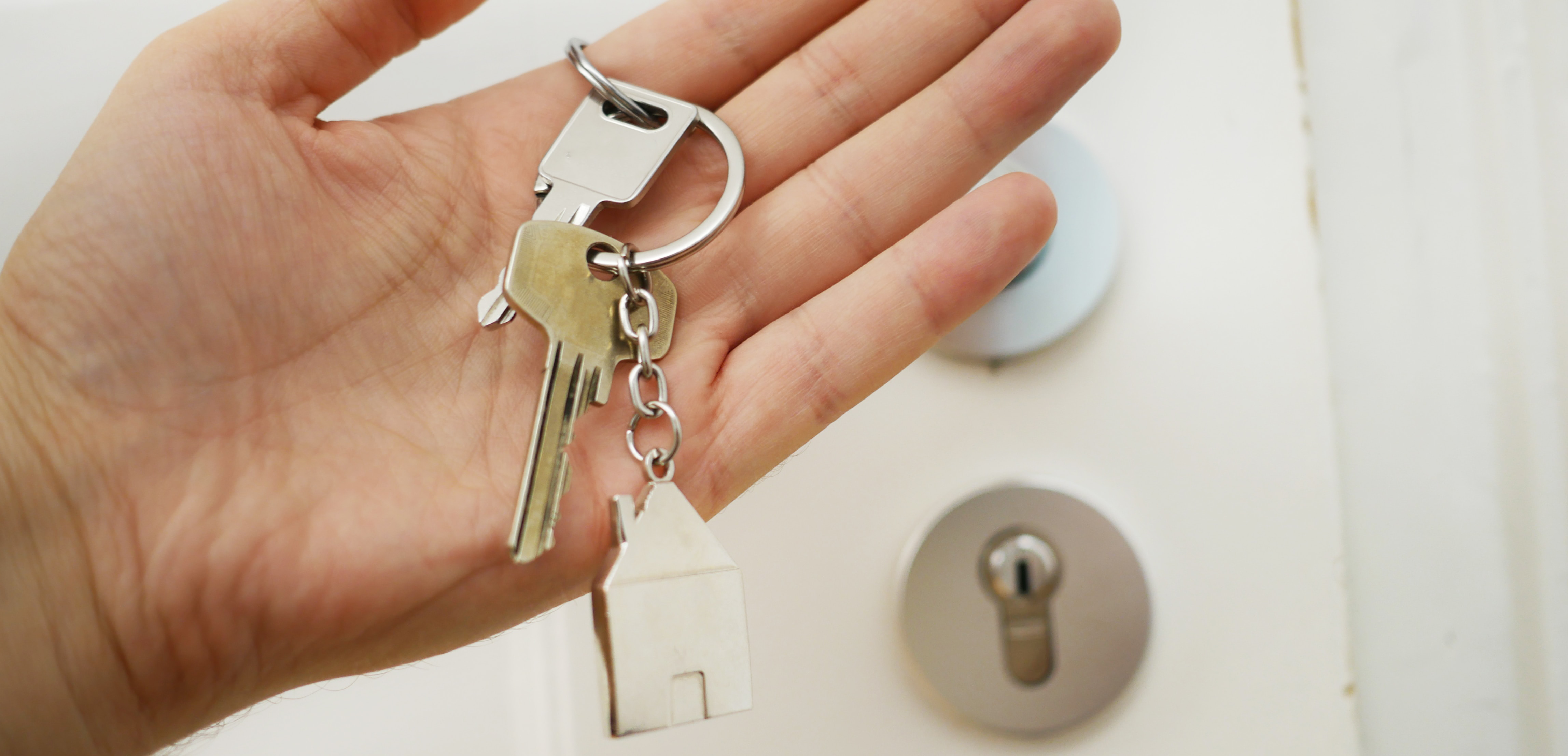Buying a home is a big-time undertaking, and knowing what to look for before making an offer can be a little unnerving for anyone on the hunt, especially first-time homebuyers.
Whether you’re considering living in an urban, suburban or rural area, make sure, first and foremost, that it’s safe and clean and that you’re OK with the noise and traffic levels.
Location is just one factor. To help with the rest, we made a list of 18 more things homebuyers should check off before putting an offer on a property.
- Neighborhood: Are neighboring homes and yards well-kept, or do they seem run-down and neglected? Are the streets and sidewalks in good condition, or are they littered with trash and debris? A well-maintained neighborhood can indicate that people take pride in their community and are willing to work together to keep it looking nice.
- Neighbors: The people who live next door can make or break your enthusiasm. How friendly and helpful do they seem? Do they have block parties, barbecues or other get-togethers that foster a sense of community? Do they say hello or wave as you pass by? Are they willing to lend a hand if you need it? These are all positive signs.
- Security: A safe neighborhood is a must-have. Scope out area crime rates by checking online databases or visiting the local police precinct. Ask about the types of crimes in the area and how often residents have to deal with them. Do you feel when you’re out walking? Is there a neighborhood watch or a similar group keeping an eye on things?
- School district: If you have kiddos, the quality of schools in the area will be a big deal. You can check out local schools online, read reviews from other parents, attend school board meetings and even visit the school and chat with teachers or the principal. Also important: see if there are any after-school programs or activities your young’uns would find interesting.
- Transportation: Getting around is super important, especially if you’re commuting or traveling a lot. Take a peek at the public transportation options in the area, like how often buses or trains come by. Plus, think about how close you are to major highways on and off and international airports.
- Amenities: Nothing’s worse than living somewhere where you have to drive to another community to get groceries, a haircut or car repairs. You’ll also want a choice of restaurants, parks, biking and hiking trails and community centers. Online maps will give you an idea of how far away they are or take a drive around the area to scout them out.
- Property values: One way to prevent overpaying for a home that won’t hold its value is to search real estate websites for recently sold homes in the area. Pay attention to whether prices have increased or decreased over time. By researching local market trends, you’ll have a better idea of what to expect when it comes time to sell.
- Future development: Check for upcoming changes or developments in the neighborhood that could impact the value or livability of the area. Are there plans to build a new shopping center or school nearby? Is there a highway expansion or new transit line in the works? Will changes bring new jobs and amenities to the neighborhood, or will they create more traffic and noise?
- Environmental factors: Is the property prone to flooding? Are there sources of pollution nearby that could impact air or water quality? Does wildlife bother the locals? Call the regional environmental department and ask about potential risks or hazards and steps being taken to address them. And see if the home has features like fireproof materials or hurricane-resistant windows.

- Age of the Property: Older homes have different issues than newer ones, like outdated electrical systems or plumbing that’s problematic. On the other hand, newer properties might have a higher price tag but require less maintenance in the short term. It’s a trade-off to consider when weighing the pros and cons of a property.
- Roofing: When hitting an open house, take note of the roof’s condition, the age of the shingles and any recent repairs or upgrades. And inside, look for signs of leaks that won’t be visible from outdoors. A well-maintained roof is a sign that the seller has taken good care of the property and it’s a good investment.
- Heating and Cooling: You want to be comfortable year-round, so consider the age and condition of the systems, like the furnace, air conditioning unit and ductwork. Ask the seller for any maintenance or repair records, and see if they’ve been updated recently. With a newer and more efficient system, you’ll save money on energy costs and won’t need to replace it anytime soon.
- Electrical and Plumbing: You’ll also want to keep the lights on and the water flowing. Look for signs of damage, like rust or discoloration around pipes and exposed wiring. If either is shady, you’ll be prone to things like electrical fires, water damage and mildew. Don’t be shy about turning lights on and off and checking how long it takes for water to heat up.
- Landscaping: Walk around the home and take note of the size of the yard and any outdoor spaces, like a deck or patio, and estimate how much upkeep they require. Remember, big lawns require big lawnmowers. Make sure to keep an eye out for any safety hazards, too, like aging trees that might need to come down (expensive!)
- Parking: Don’t dismiss parking options, especially if you are a two (or more) car family. If there’s no driveway or garage, ask about the availability and safety of street parking — and if permits are needed. If there is a garage, check how operational the garage door is. And determine if there’s enough space for everything you’re likely to store there, like cars, bikes and yard gear.
- Noise Levels: How close is the home to busy roads, highways or train tracks? How loud are nearby neighbors? What about their pets? Does the home have insulated windows and doors to block out unwanted noise? For a better idea of what to expect, drive by at different hours of the day. If you’re likely to throw a party, check for local ordinances restricting noise levels. Better safe than sorry.
- Your future plans: While living here, do you plan to start a family or a business? Will elderly parents need to move in? Or will you be retiring while in the space? Make sure the property meets your future needs. Consider the availability to carve out additional living space, options for expansion, the number of bathrooms, how many stairs people need to climb, etc.
- Resale value: Look into the local housing market and consider how many people are looking to buy houses in the area. You want to make sure that your property feels like a great place to live right now and that others will feel the same when it’s time for you to sell.
We hope this checklist will help you think things through and find the perfect property — one that not only fits your lifestyle but also fits your investment goals. Happy house hunting!

 Facebook
Facebook
 Twitter
Twitter
 Pinterest
Pinterest
 Copy Link
Copy Link




